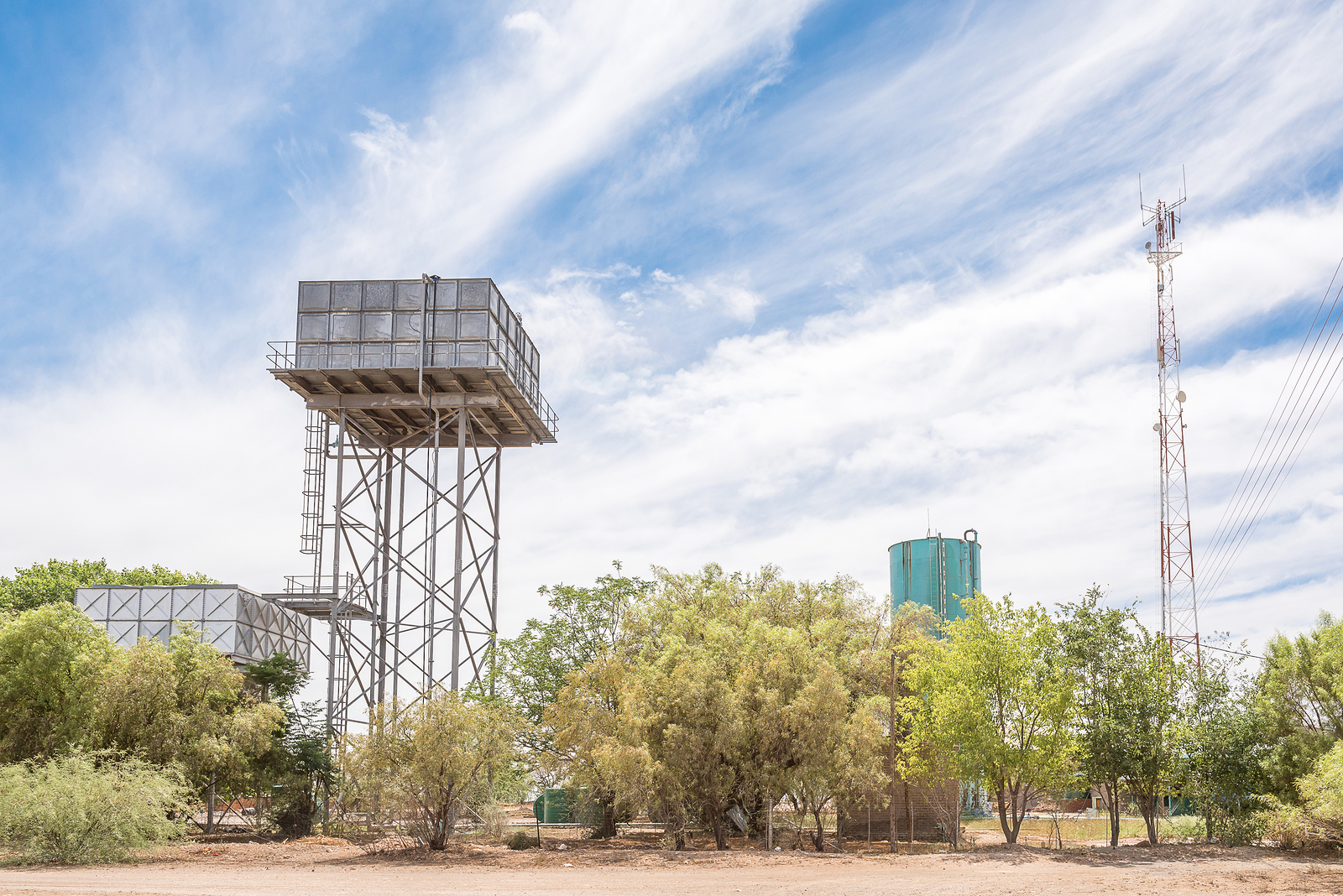Peacekeeping and Africa's Evolving Infosystems
By Steven Livingston
In 2011, The Africa Center for Strategic Studies commissioned a research report to determine the spread of ICT technologies across Africa and subsequent effects on peacebuilding efforts. Professor Steve Livingston offers further insights into his research and policy recommendations.
A policy piece such as this one is not generally associated with any conceptual breakthroughs. But I think that the clearest breakthrough came in the form of two separate conclusions we came to through weeks of on-the-ground work in Africa.
The original purpose of the trip was to address issues related to African conventional legacy press. The Africa Center wanted to look at radio, tv etc. and ask whether it was supporting or undermining peace efforts. For example, these organizations have a history of being involved in hate speech, and most famously contributed to the genocide in Rwanda in 1994.
Going into the project, almost immediately, it became apparent the most important development occurring was the burgeoning use of mobile telephony. These are technologies and networks that most in the global north don’t even know exist and certainly don’t study. These are not smart phones but simpler technologies, using systems such as ‘Frontline SMS’, which is a way of aggregating text messages, both receiving them en masse and sending them out en mass.
Frontline SMS, among others, is used to facilitate collective action. For example, in the Kivu region of Eastern Congo, a conflict zone where state and military forces are not present, low-wattage radio stations and basic cell phones are used to create a low-tech security zone. Users will send a text message to a radio station that may be using Frontline SMS as an interface. The message will consist of simple announcements – deaths, births – but can also contain notifications or warnings e.g. an approaching force from the Lord’s Resistance Army, heading in a particular direction.
These texts would then be broadcasted as a community bulletin board service by the radio station, and encourage a wider region to take precautions. Cell phones in places like central Africa are able to facilitate community projects that would not be feasible in the absence of cell phones, low-wattage radio stations and technologies such as Frontline SMS. Brought together, you are facilitating a greater degree of security for vulnerable communities in remote regions.
On the potential for Cell Phones to act as Catalysts for Political and Ethnic Violence
The real problem here is collective action being misused, not the technology. A concept to consider here is ‘affordance’, and by that I mean the ability for something to afford a use. A technology that produces a range of potential uses inevitably results in it being applied to do all kinds of things. That digital connection can be used to warn a village of a marauding band of guerrillas, to allow for the transfer of money, or, unfortunately, for more nefarious ends.
Studies that have determined cell phones and related technologies to be encouraging violence are flawed. These researchers are often numbers-driven. 'Large-N' data sets often provoke pessimistic conclusions about why violence is occurring more generally, while those who do case studies tend to have much more upbeat assessments. The propensity to use large-N data sets leads to spurious correlations that only appear to be there.
A mobile phone can produce any kind of outcome, including coordinating violent actions. The kind of outcome that is produced has to do with the intentionality of the people using it. This can be distributing mosquito nets and preventing malaria; or, it can be used to coordinate violence.
What is wrong with this hypothesis is that the researchers are finding that as the usage of mobile phones increases in a region, the reported number of violent incidences is also rising. This is an information paradox.
Firstly, the mere awareness of a norm that one should not do something (like an act of violence) will obviously result in a spike of those incidences being reported. This correlation fails to consider this feature. Increased levels of education, the availability of media, these things lead to greater sensitivity that being subject to violence by a band of attackers is not normal or acceptable. Secondly, the availability of a cell phone is creating opportunities to report violence. A colleague of mine in Nairobi described to me his one thousand contacts on his cell phone, the vast majority located in remote villages across the region. They regularly text him and send him information, information that would be hidden to anybody outside of these communities before the advent of cell phones.
The cell phones have not caused these events, it is provoking awareness of these events in the first place. Its not the number of violent events that has changed, but the sensitivity to, and the instruments used to measure the events, that has changed.
Professor Livingston is a professor of Media and Public Affairs and International Affairs at George Washington University.


